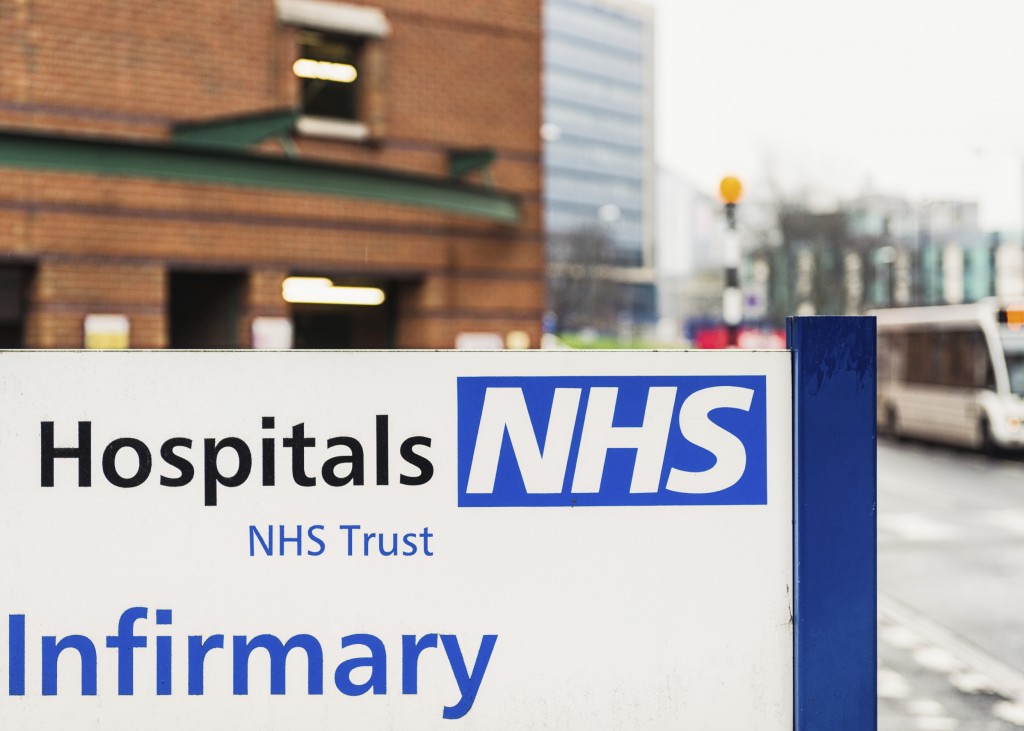Scotland is only carrying out a fraction of the gastric band operations it should be for the scale of its obesity problems, experts have revealed.
The consultant who is responsible for every referral for weight-loss surgery in Scotland called for funding for ops to be ring-fenced, like other countries including England, which does five times as many operations.
Dr Jennifer Logue, Honorary Consultant in Metabolic Medicine for NHS Greater Glasgow and Clyde, said it “made sense” to offer patients a treatment that would incur a fraction of the longer-term costs of treating the life-threatening health problems associated with obesity such as Type 2 diabetes.
Scotland currently carries out around 200 operations a year, generally on patients with a BMI of more than 35, which she said was a “tiny amount” for a country rated among the top five for obesity.
It comes after TV presenter Lorraine Kelly provoked an angry backlash after suggesting gastric band surgery allowed patients to “guzzle deep-fried lard.”
Broadcasting watchdog Ofcom received 20 objections following the Lorraine programme on ITV, during which the presenter also said the procedure was an “easy option” for people losing weight.
Dr Logue said: “I’ve got a colleague from Australia who says, you don’t treat melanoma with suncream. You don’t treat obesity with a leaflet or a diet sheet.
“You need something different. It’s not that these people have decided they want to be this size.
“Some people within the population become obese, but not everyone, and that is not just down to choice and restraint.
“Diets don’t work if are you really big.
“The ‘eat less, do more’ diets do work but generally people can only lose around 5kg (just under 1 stone) that way, which for someone who is very obese is not as much as they would want or need to lose for health benefits.
“There are huge associated health costs to the NHS.
“It seems sensible to give them a treatment that will cost a fraction of the costs would be if they continued on their current path. Otherwise you are just paliating them.
“It doesn’t just stop when you have had the operation. You have a severely restricted diet but it also works by suppressing your appetite so you don’t want to eat as much.
“We have a huge problem with obesity in Scotland. It is basically the US, Mexico and then us.
“In England the funding is ringfenced. They have a central pot and dedicated centres. In Scotland funding is generally from the surgery budget so it comes from the same budget as gastric surgery, when it should probably come from the budget for diabetes.
“We carry out around 200 operations a year. A tiny amount compared to countries like Sweden and France.
“In France they do a huge amount and they have a 16 per cent rate of obesity while we have a 30 per cent rate.
However, she said gastric band surgery was part of a “layer of prescribed treatments” which include weight loss groups, medication, liquid diet and injectable treatments.
A spokeswoman for the Scottish Government said: “Health boards have delegated responsibility to decide how they spend their budgets on local services, including bariatric surgery.”

